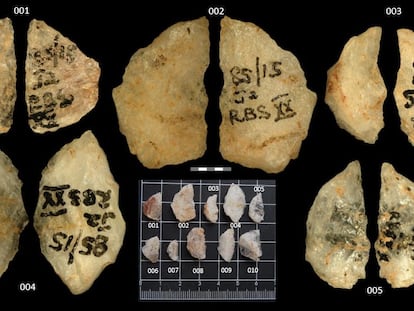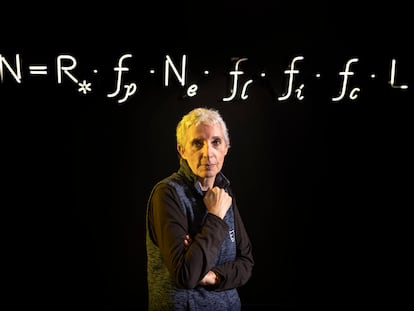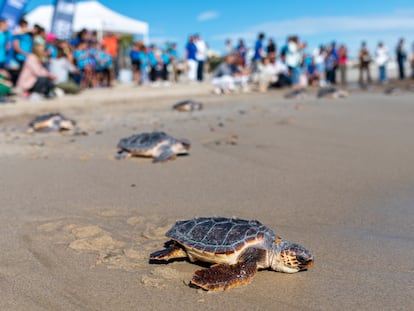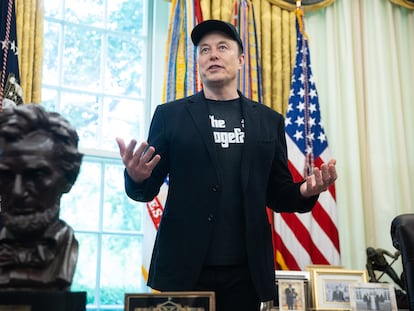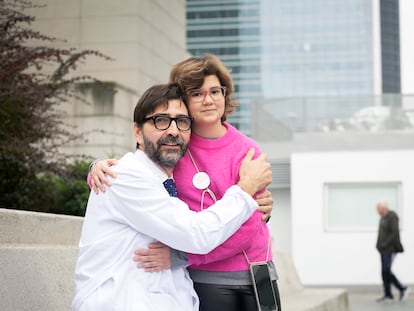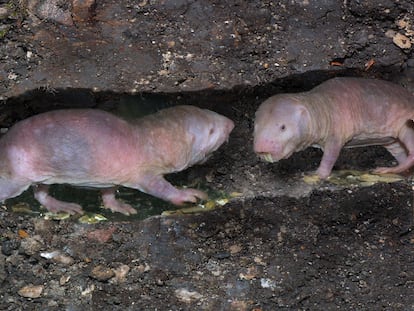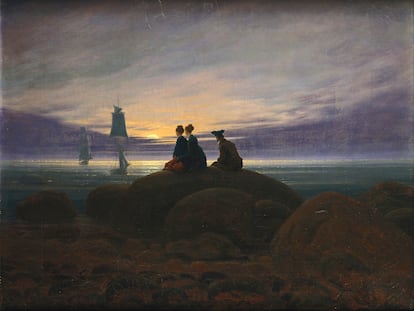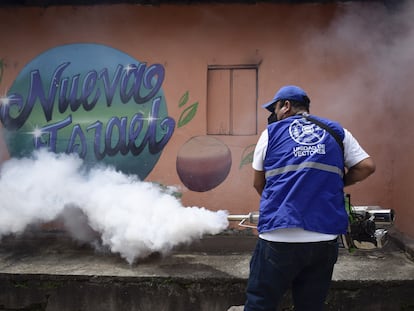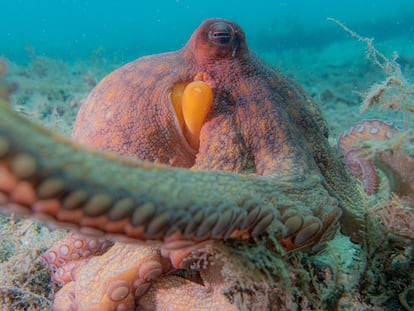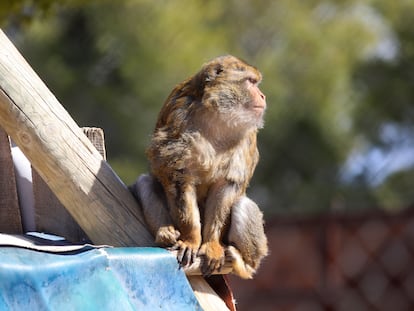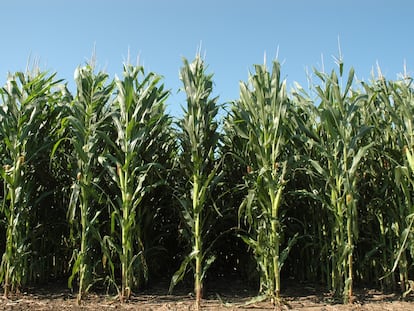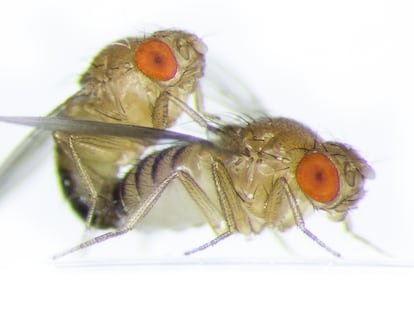‘It seemed deeply unfair that in this era of precision medicine, where targeted therapies are the treatment of choice for cancer in humans, they didn’t exist for cats,’ says the senior author of the study
A new review of data from thousands of twins estimates that up to 55% of lifespan is hereditary
An analysis of 100,000 special issues of academic journals reveals that one in eight is filled with articles written by the editor, particularly at the publisher MDPI
The researcher is a pioneer in techniques for manipulating mice brains to change how they recall past events
The finding in South Africa identifies toxic alkaloids in these projectiles, used for hunting during the Paleolithic era
A study of 160 people over a century old includes some of the oldest humans on the planet
Around 16,000 new species are described each year, but most animals and plants are listed as threatened as soon as they are brought to light
The French-American scientist heads the Carl Sagan Center and researches the potential for humans to inhabit the extreme environments of our galaxy
Fish, birds, reptiles, amphibians, and even a few mammals rely on magnetoreception for navigation. But the exact mechanism underlying this skill is still unclear to experts
The prestigious publication selects the rise of solar and wind power as the main scientific breakthrough of the year and laments the White House’s ‘poor decision’ to back fossil fuels
The health specialist has published a book that has 80 recommendations for avoiding toxins, as well as advice for a healthier life, away from harmful substances
Two studies show how artificial intelligence is more effective than traditional campaigns at persuading the electorate
A study shows that the order in which platforms like X display content to their users affects their animosity towards other ideological groups
The experimental treatment, developed using cells at La Paz public hospital, achieves a preliminary survival rate of 70% in patients who had exhausted all other options
A study reveals the secrets behind the rodent’s remarkable ability to live 10 times longer than expected, without cancer or age-related degenerative diseases. When applied to fruit flies, researchers created ‘superflies’
Researchers say the catalog has already led to the identification of genetic mechanisms involved in kidney cancer and will help develop personalized treatments in oncology
The satellite’s influence on the reproduction of many animals is well documented, but its impact on humans is debated
Samples from Spanish supercentenarian María Branyas Morera reveal the keys to her exceptional genetics and provide clues for healthy aging
The genomes of thousands of mosquitoes reveal how the slave trade enabled the spread of the species that transmits dengue and yellow fever, while insecticides have made another malaria vector more resistant
Most ‘Rodentia’ have a nail on their thumb instead of a claw, which allows them to manipulate food
Considered the most intelligent invertebrates, these cephalopods have developed a very complex system to use their eight arms
Scientists heading the project face an ethical dilemma in the technology’s potential human use
A team of scientists identifies a molecular mechanism that helps explain how airborne toxins influences Lewy body dementia
By releasing an alcohol into the air that causes neighbors’ roots to exude pesticides, they can even protect subsequent generations of crops
According to a recent study, parents exhibit greater connectivity in key sensory and motor brain networks that typically deteriorate as people age
A Japanese laboratory claims it is the first time a behavior has been transmitted between species, achieved by manipulating a single gene




